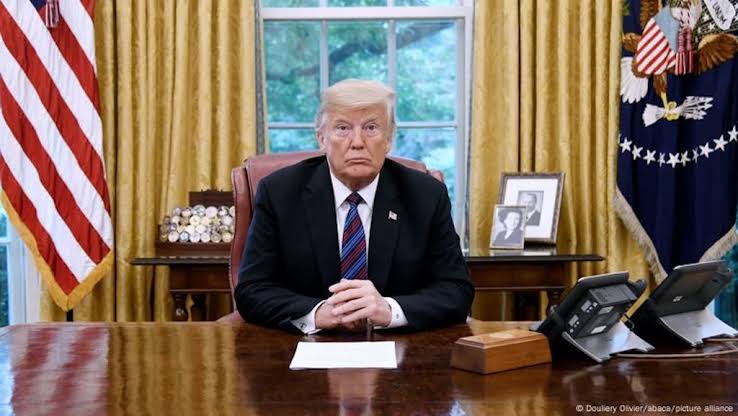The Trump administration has temporarily backed down from efforts to terminate the immigration status of thousands of international students studying in the United States. This decision was revealed during court proceedings after multiple students filed lawsuits claiming their legal status was canceled without explanation.
Government attorneys informed the court that immigration authorities are developing a new system to review and potentially terminate student records connected to their immigration status, known as SEVIS. Officials stated that new terminations would not be based solely on names appearing in the National Crime Information Center database. In the meantime, no new revocations will be issued until the updated process is completed.
By Friday evening, over 240 SEVIS accounts had been reinstated across 64 schools. Students involved in lawsuits in several states also began receiving reinstatement notifications from their schools. During a hearing, a government lawyer noted that immigration officials were working to restore the records of all affected students, not just those who filed lawsuits.
Despite this shift, authorities emphasized that they still maintain the ability to terminate student records for other reasons, such as failure to maintain nonimmigrant status or involvement in activities that could lead to deportation under immigration law.
Here:Benin Mourns Loss of 54 Soldiers in Deadly Northern Attack
The SEVIS cancellations had caused widespread concern among international students. Many of them saw their visas canceled, which placed them at risk of deportation. Officials continue to argue that SEVIS changes did not directly cause visa revocations. Enforcement actions initially targeted students involved in protests related to the Israel-Hamas conflict and later expanded to students with minor legal infractions or no charges at all.
Federal judges in different states issued restraining orders to prevent deportations while legal challenges continued. The cases revealed that many students affected had little to no criminal history, with some having charges dismissed or never filed.
Although the recent reinstatements offer relief to many students, the change does not cover those whose visas were revoked, including individuals like a Tufts University student and a Columbia University graduate, both arrested under accusations tied to political activities.
In recent weeks, students reported that SEVIS records were canceled for minor issues, such as traffic violations, with some never convicted of any wrongdoing. One such student, a Dartmouth graduate researcher from China, had his record changed despite a clean legal record, prompting a judge to intervene with a restraining order.
Advocates say the government’s move to restore records is a result of pressure from lawsuits and initial court rulings. However, questions remain about the criteria for reactivations and whether students who did not sue will also be reinstated.
While most students whose statuses were revoked were not detained or deported, many faced disruptions to their studies and employment. International students holding F-1 visas must maintain full-time enrollment and are restricted from working outside approved programs to keep their status valid.
An estimated 4,700 students were impacted by the administration’s actions. Though the recent policy shift provides relief, advocates warn that lasting damage remains for students, families, and academic institutions across the country.
The legal battle is not over. A judge in San Francisco has demanded further information about the administration’s new plan and questioned whether the latest actions adequately address the consequences of the mass terminations. Student attorneys argue that the government has not fully resolved the situation, particularly for students who left the U.S. or whose visas were revoked.
During the hearing, skepticism remained about whether the administration’s new stance would truly end the controversy, with the judge expressing frustration over the constantly shifting policies.

